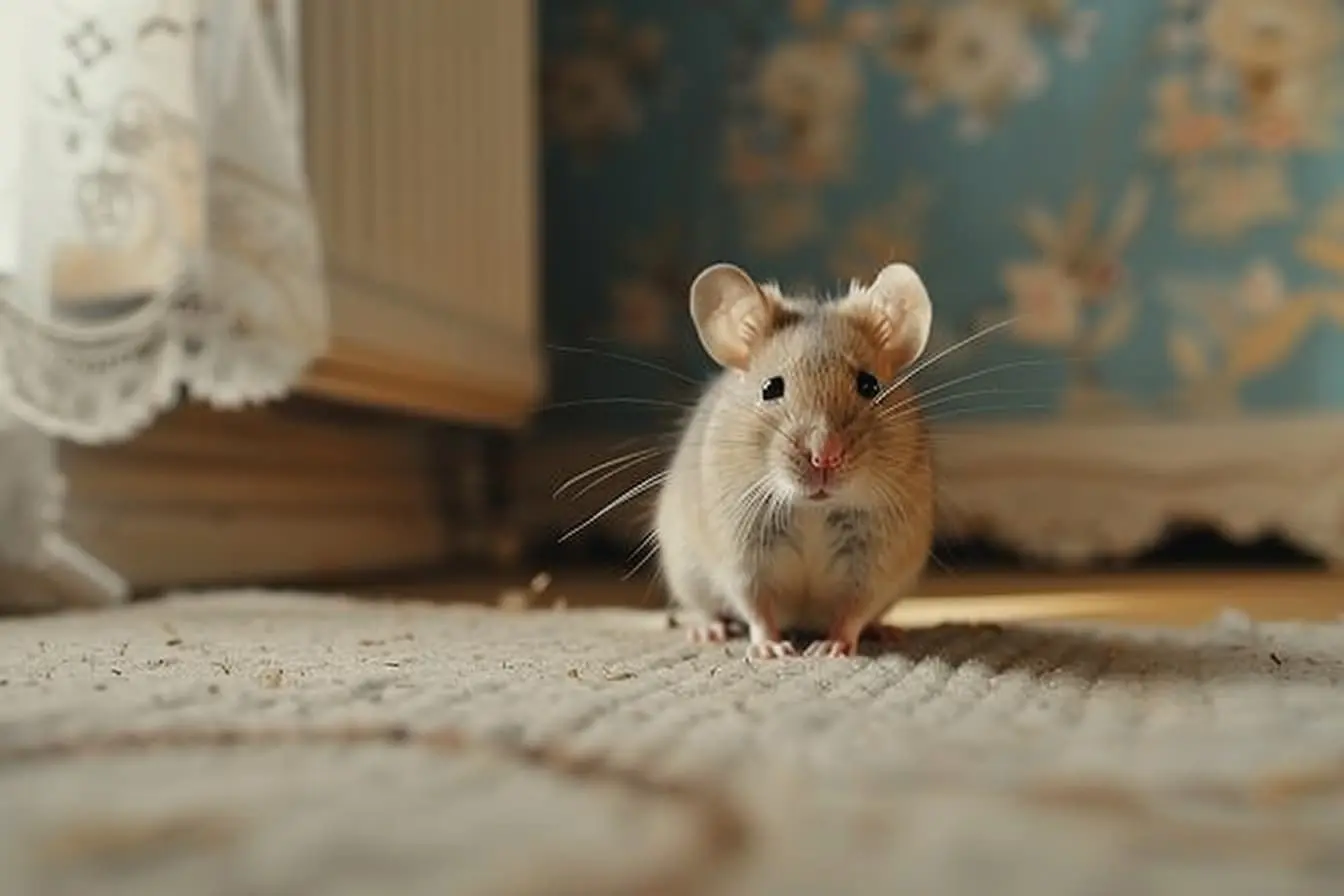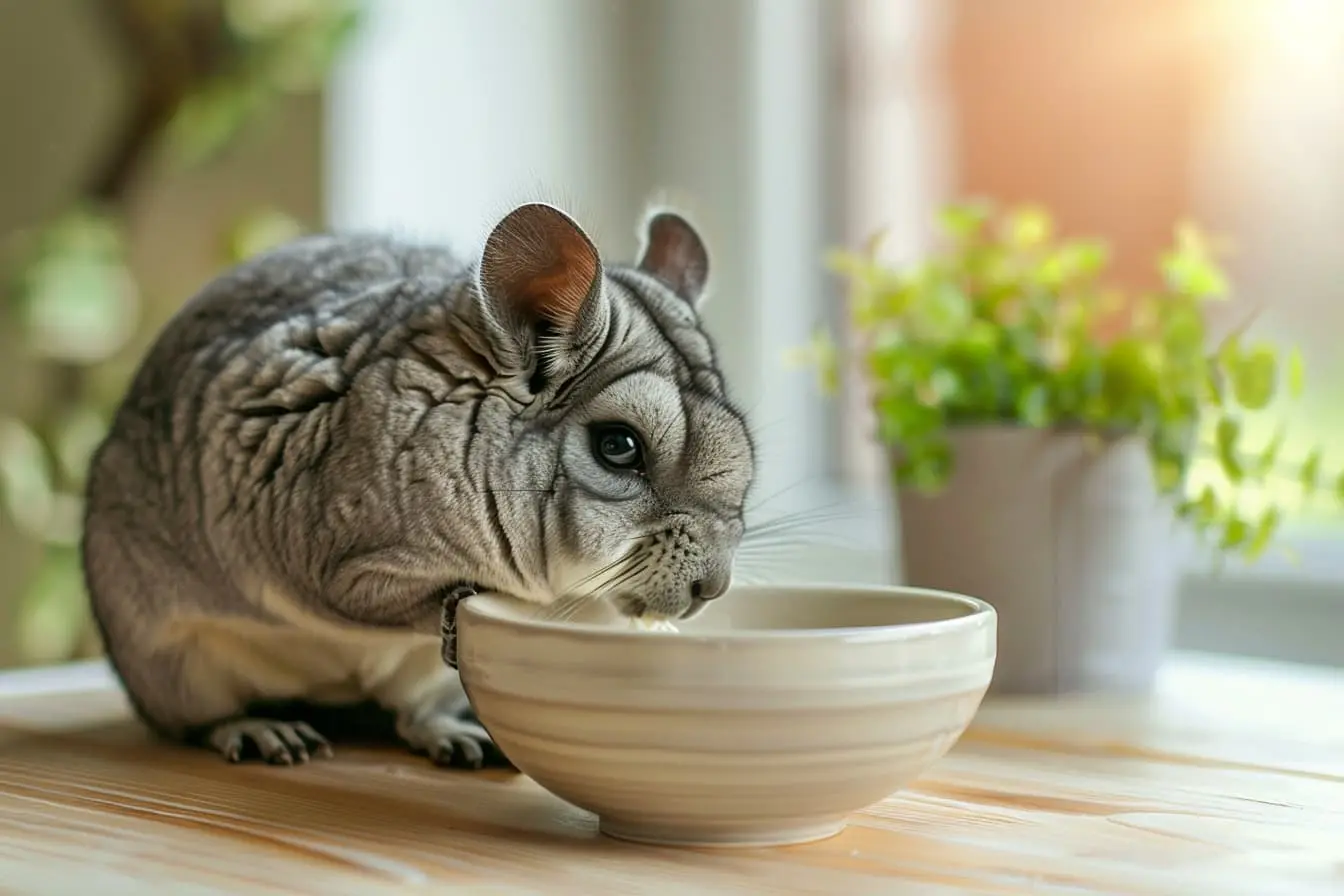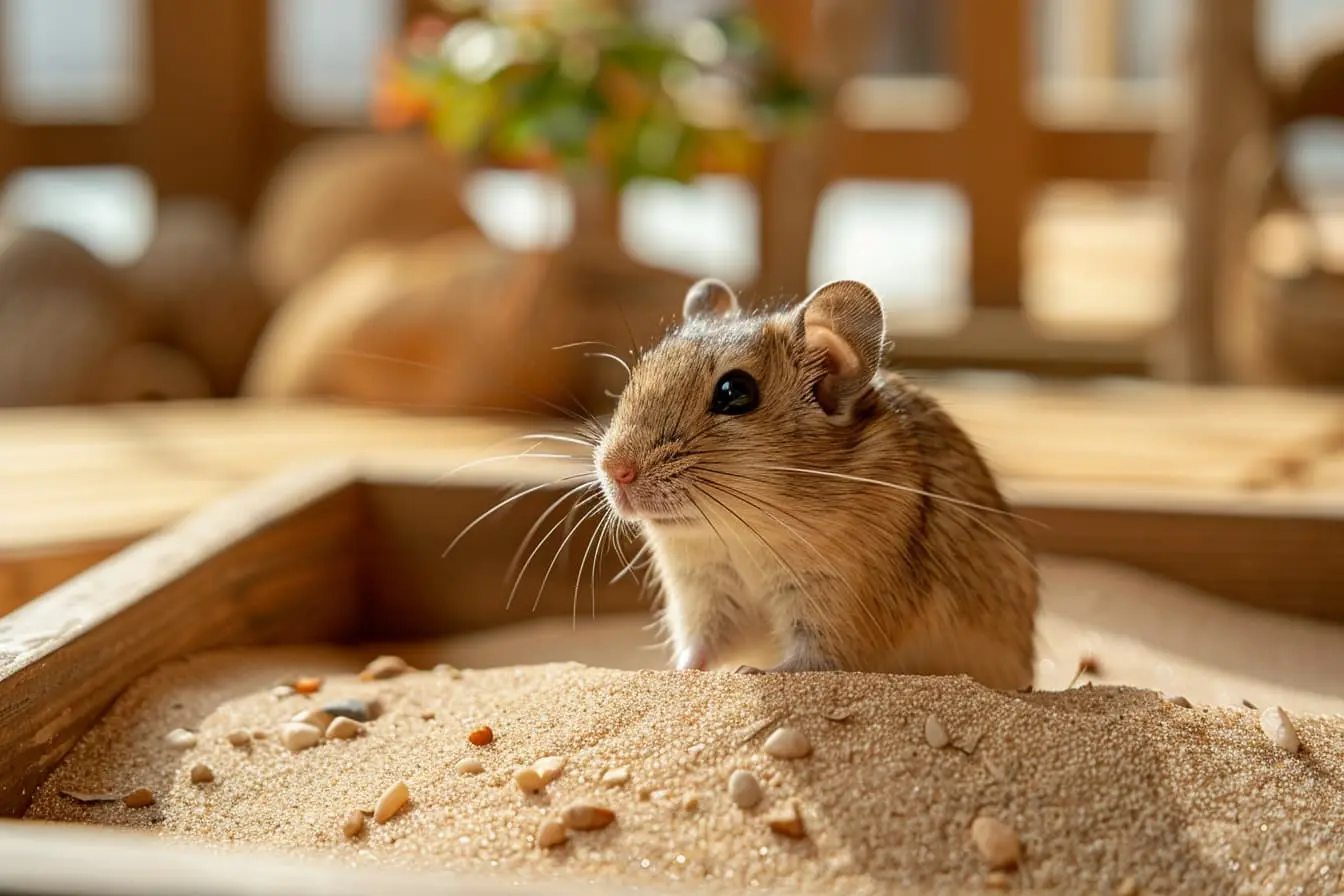
The Top 25 Mouse Care Questions Answered by UK Vets
Mice are increasingly popular pets in the UK, known for their intelligence, social nature, and relatively easy care requirements. However, prospective and current mouse owners often have many questions about how to best care for these small animals. Here are the top 25 questions vets are frequently asked about mouse care in the UK, along with comprehensive answers.
Diet and Nutrition
1. What should I feed my pet mouse? Provide a balanced diet consisting of commercial mouse pellets, supplemented with small amounts of fruits, vegetables, and occasional lean protein.
2. Can mice eat cheese? While mice can eat cheese, it should only be given in very small amounts as a treat due to its fat content.
3. How often should I feed my mouse? Feed adult mice once a day, preferably in the evening, as they are nocturnal. Always ensure fresh water is available.
Health Care
4. How often should my mouse see a vet? Schedule annual check-ups, or more frequently if you notice any signs of illness or changes in behaviour.
5. Do mice need vaccinations? No, mice do not require vaccinations, but regular health checks are important to catch any potential issues early.
6. What are common health problems in mice? Respiratory infections, tumours, and parasites are among the most common health issues faced by pet mice.
Housing and Environment
7. What type of cage is best for a mouse? A wire cage with solid flooring, plenty of ventilation, and room for exercise and enrichment is ideal.
8. How often should I clean my mouse's cage? Perform a full clean weekly, with spot cleaning as necessary to maintain hygiene.
9. Can mice live together? Yes, mice are social animals and do well in pairs or small groups, especially females. Males may fight unless raised together from a young age.
Behaviour and Socialisation
10. Why is my mouse chewing the cage? Cage chewing is normal behaviour for teeth maintenance, but it can also indicate boredom. Provide plenty of chew toys and enrichment activities.
11. How can I tame my pet mouse? Start by allowing your mouse to get used to your presence, then gently offer treats from your hand to build trust.
12. Do mice bite? Mice rarely bite unless they feel threatened or scared. Gentle handling from a young age can help prevent this behavior.
Grooming and Handling
13. Do I need to bathe my mouse? No, mice are very clean animals and groom themselves. Bathing can cause stress and lead to health issues.
14. How do I handle my mouse safely? Scoop your mouse gently with both hands or allow it to walk onto your hand. Avoid picking up by the tail.
Nutritional Health Issues
15. Can mice become overweight? Yes, especially if fed a diet high in fat and sugar. Monitor their diet and provide opportunities for exercise.
General Care
16. How long do mice live? The average lifespan of a pet mouse is around 1 to 2 years, although some may live longer with proper care.
17. Can mice be litter trained? While it's challenging to fully litter train a mouse, they often choose a particular corner to use as a bathroom, which can be encouraged with a litter tray.
18. What should I do if my mouse escapes? Secure the room, set up a safe hiding spot with food inside, and monitor quietly. Mice are curious and may return when it's quiet.
19. How can I enrich my mouse's environment? Provide toys, tunnels, climbing structures, and nesting materials to stimulate your mouse's natural behaviors.
20. Are mice nocturnal? Yes, mice are primarily active at night, so expect them to be most lively in the evening and at night.
21. What are signs of stress in mice? Aggression, over-grooming, and changes in eating or sleeping patterns can indicate stress. Ensure they have a calm environment and plenty of enrichment.
22. Can I take my mouse outside? Outdoor excursions are not recommended due to the risk of escape and exposure to predators. Instead, provide a safe, enclosed play area indoors.
23. How do I know if my mouse is happy? A happy mouse is active, curious, and engages with its environment and companions.
24. Can mice eat chocolate? No, chocolate is toxic to mice and should be avoided completely.
25. How can I tell the sex of my mouse? Males have a greater distance between the genital opening and the anus than females. For accurate sexing, especially in young mice, consult a veterinarian.
By understanding and addressing these frequently asked questions, you can ensure your pet mouse enjoys a healthy, enriching life as a beloved member of your family.
Vets near you
Speciality vets
- Aquatics vet specialists
- Birds vet specialists
- Camelids vet specialists
- Cats vet specialists
- Cattle vet specialists
- Deer vet specialists
- Dogs vet specialists
- Equines vet specialists
- Exotic vet specialists
- Goats vet specialists
- Pigs vet specialists
- Poultry vet specialists
- Sheep vet specialists
- Small Mammals vet specialists
- Wild vet specialists
Vet facilities
- Accessible by public transport
- Blood testing
- Car park nearby
- Client car park
- Dentistry
- Diagnostic imaging
- Disabled public access
- Flea and worm treatments
- Microchipping
- Mobile services
- Neutering
- Open at weekends
- Out-of-hours service
- Referral interests
- Referrals only
- Street parking outside
- Toilets available
- Vaccination clinic



